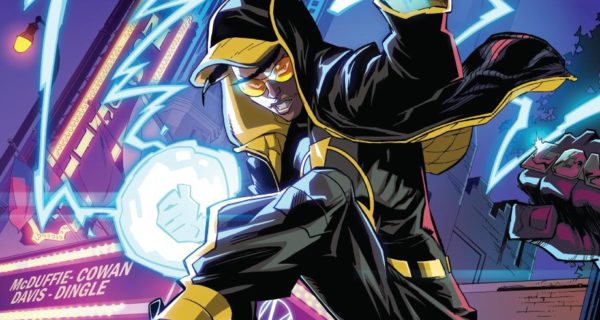SuperVillain Sundays: Darkseid
By Ian T. Wilson
Rating: PG
Word Count: 320
Summary: A brief biography of one of DC Comics’ most iconic villains.
Good morning, good people of the internet. I’m Ian Wilson, and welcome to another Superh- wait a minute, what’s this? Supervillain Sunday! That’s right. Villain. Today I want to talk about DC Comics’ most iconic, yet misunderstood villain; all hail Darkseid!
As I’ve mentioned in previous installments, Darkseid is the unquestioned supreme ruler of Apokolips. He’s basically a fascist dictator in the mold of Hitler or Mussolini. Except he isn’t satisfied with ruling a country, or even his own planet; he wants it all. Darkseid desires all life in the universe to bow to his will. This is the reason for his search for the Anti-Life Equation, which would give him control over every living mind. He is opposed by Superman and the Justice League, the entire population of New Genesis, and even his own son Orion.
Darkseid was born Uxas, son of Yuga Khan and Heggra, king and queen of Apokolips. Upon murdering his brother and taking control of the Omega Force (more on that later) Uxas took on his rock-like appearance and became Darkseid. He was not wholly corrupted by this time, and he fell for sorceress Suli, with whom he had a son, Kalibak. Heggra, however, was not in favor of the union. She forced Darkseid to marry Tigra, who he was not fond of. Tigra bore Darkseid Orion (I covered him in another post). Heggra was still not satisfied, and had Suli poisoned. Once Darkseid found out, he had his mother poisoned in retaliation, after which he ascended the throne.
Darkseid is as strong as Superman, and is virtually invulnerable. He possesses the power of the Omega Force, which gives him the ability to shoot beams from his eyes (omega beams) that can do… well, almost anything he wants, but he mostly uses them to kill.
Darkseid first appeared in The Forever People #1 back in 1971 and was created by comic book legend Jack Kirby.

